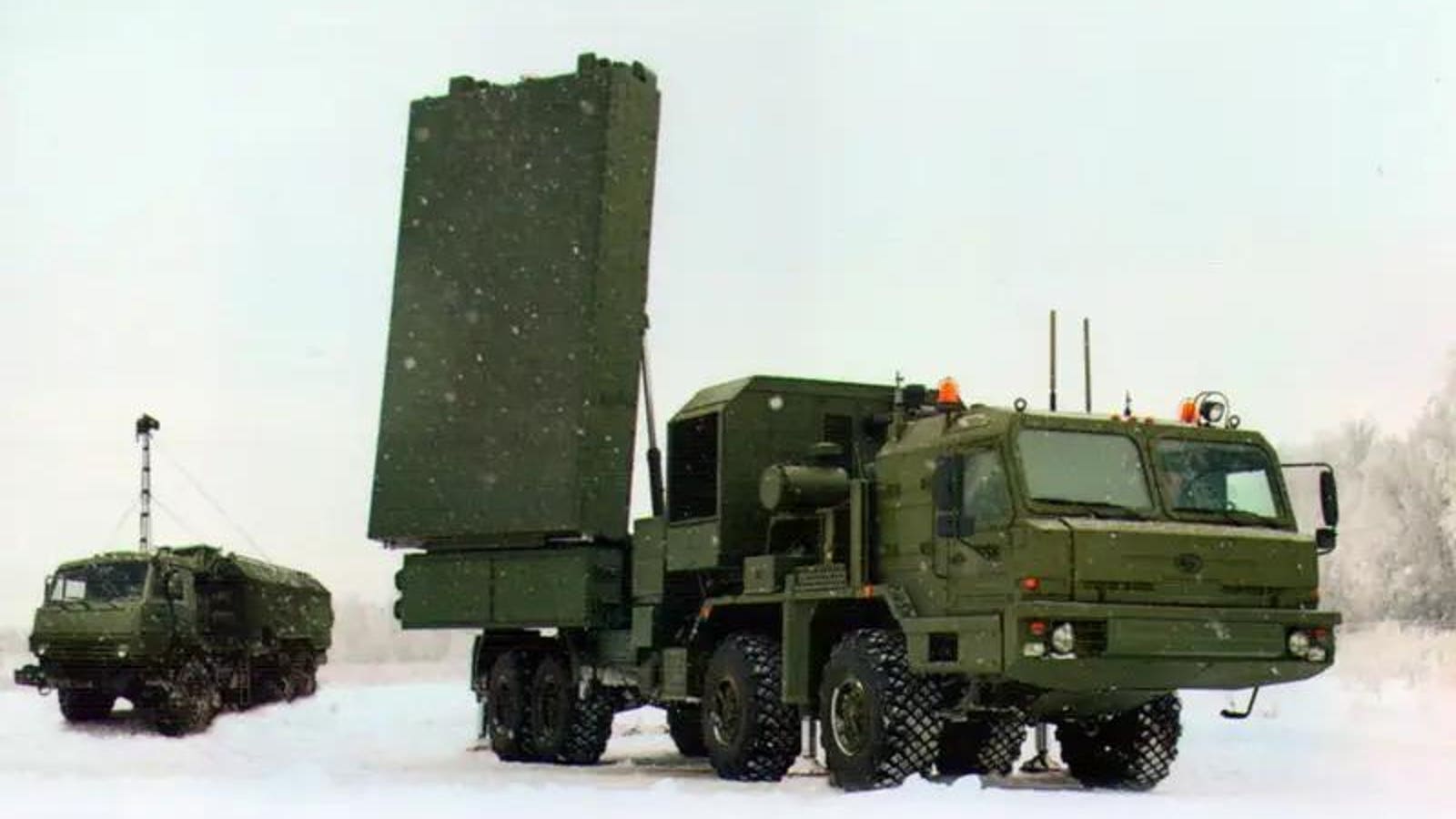Ukraine plinking a Russian GPS-jammer with a GPS-guided bomb. Ukrainian drones blowing up Russian drone-jammers. Ukraine’s cruise missiles striking Russian air-defense sites whose missions include, you guessed it, shooting down cruise missiles.
Russia’s 23-month wider war on Ukraine has seen a lot of ironic, darkly-hilarious clashes. The latest was also one of the quickest between setup and punchline.
On Tuesday morning, Russian media announced the deployment, to Ukraine, of Russian forces’ latest high-tech counterbattery radar. A few hours later in southern Ukraine, the Ukrainians blew it up … with artillery rockets.
The irony deepens. In theory, a Russian Yastreb-AV radar would help to protect Russian troops from Ukraine’s American-made High-Mobility Artillery Rocket Systems launchers—its HIMARS. Now guess what the Ukrainians used to destroy that first Yastreb-AV.
That’s right: HIMARS.



The same holds for radar. A radar literally shines a light that anyone looking for it can see. Pinpointing a radar is trivial. Mobile radars can’t stay and detect from a location for very long, without risking an artillery strike. Fast setup and teardown times are crucial, along with a strategy where multiple mobile radars cover for each other, so detection is never offline for long.
For some radar. This is actually the biggest gap between western capabilities and Russian - Russia does not make proper digital AESAs, which are very critical for LPD operation. If you only transmit in scanning pencil beams, it is extremely difficult to locate you.